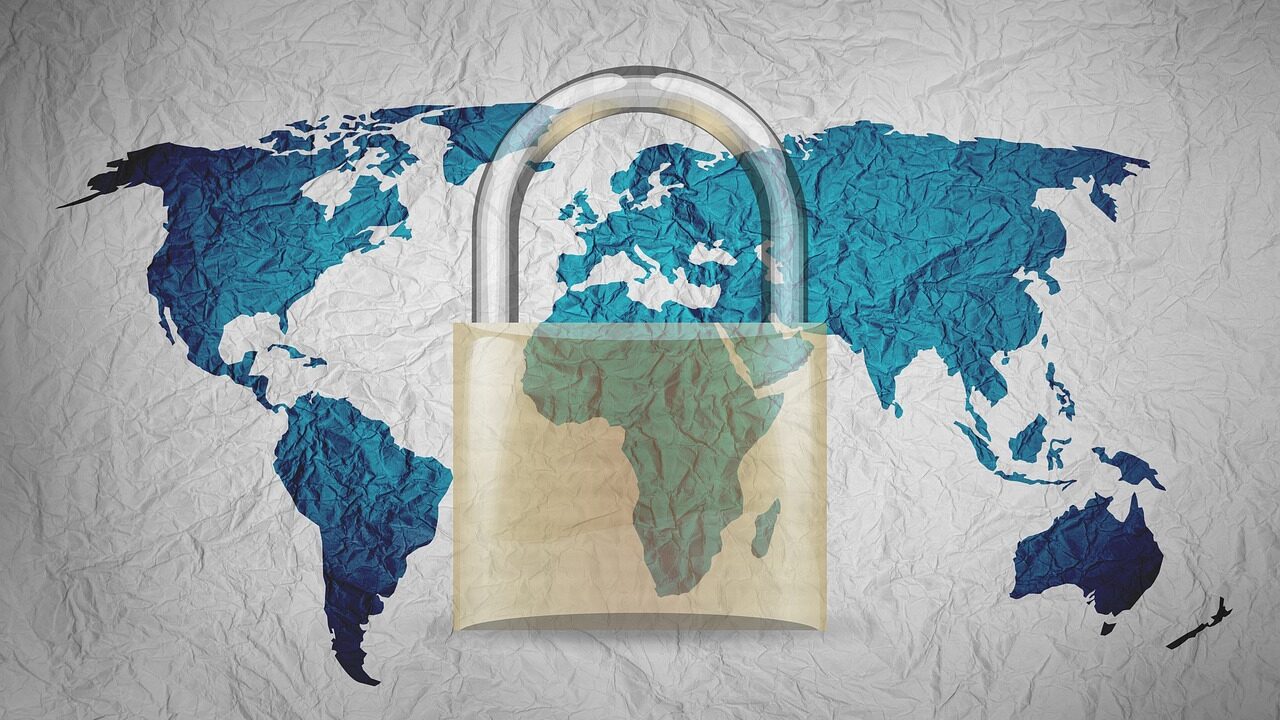
SSL (Secure Sockets Layer) is a security protocol that encrypts data sent between a user’s web browser and a website’s server. In the context of ecommerce, SSL is critical because it helps protect sensitive customer information, such as credit card numbers, from being intercepted and stolen by hackers.
When an ecommerce website has an SSL certificate installed, the website’s URL will start with “https” instead of “http.” This indicates that the website is secure and that data transmitted between the user’s browser and the website’s server is encrypted and protected from interception.
SSL is particularly important for ecommerce websites because customers are required to provide sensitive information such as credit card details, names, addresses, and phone numbers during the checkout process. Without SSL, this information can be intercepted by hackers, leaving both the customer and the ecommerce business at risk.
In addition to providing security, having an SSL certificate installed on an ecommerce website can also increase customer trust and confidence in the business. This is because customers are more likely to trust a website that displays a secure padlock icon in the browser’s address bar and that starts with “https.”
SSL is an essential security measure for ecommerce websites, providing protection for both customers and businesses, and helping to build trust and confidence in the online shopping experience.
What is data encryption ?
Data encryption is the process of converting plain, readable data into encoded, unreadable data that can only be deciphered with a specific key or password. This is done to protect sensitive information from being accessed by unauthorized parties.
Encryption uses mathematical algorithms to convert data into ciphertext, which is then transmitted or stored in a secure manner. The key used to encrypt the data is typically a random string of characters that is difficult to guess or replicate. When the encrypted data needs to be accessed, the key is used to decrypt the ciphertext and convert it back into its original, readable form.
Encryption is commonly used to protect sensitive data, such as financial information, medical records, and personal identity information, as well as business and government secrets. It can be applied to data at rest, such as data stored on a hard drive, or data in transit, such as data being transmitted over the internet.
The use of encryption is an important security measure in today’s digital age, where sensitive information is vulnerable to interception and theft. By encrypting data, businesses and individuals can protect themselves from cyberattacks and maintain the confidentiality and integrity of their data.
Does your website really need an SSL certificate?
Yes, your website really needs an SSL (Secure Sockets Layer) certificate. SSL is a security protocol that encrypts data sent between a user’s web browser and a website’s server, helping to protect sensitive information such as login credentials, credit card details, and personal information.
Having an SSL certificate installed on your website provides several important benefits, including:
- Security: SSL encryption helps protect your website and your users’ data from interception by hackers and cybercriminals. This is particularly important if your website processes sensitive information, such as credit card details, social security numbers, or medical information.
- Trust: When users visit a website that has an SSL certificate installed, their web browser displays a padlock icon in the address bar, indicating that the connection is secure. This can help build trust and confidence in your website, and may encourage users to stay longer and engage more with your content.
- SEO: Google has indicated that having an SSL certificate installed on your website can improve your search engine rankings. This means that having an SSL certificate can help your website appear higher in search results, potentially increasing your visibility and attracting more visitors.
Final Words
In conclusion, SSL (Secure Sockets Layer) is extremely important for ecommerce websites because it helps protect sensitive customer information, such as credit card numbers and personal data, from being intercepted and stolen by hackers. Having an SSL certificate installed on your ecommerce website ensures that all data transmitted between your customers’ web browsers and your website’s server is encrypted and secure.
In addition to providing security, SSL also helps to build trust and confidence in your ecommerce business. Customers are more likely to trust a website that displays a secure padlock icon in the browser’s address bar and starts with “https.” This can help increase sales and customer loyalty, as well as reduce the risk of costly data breaches.








